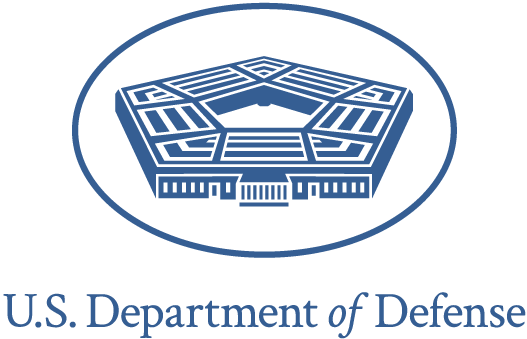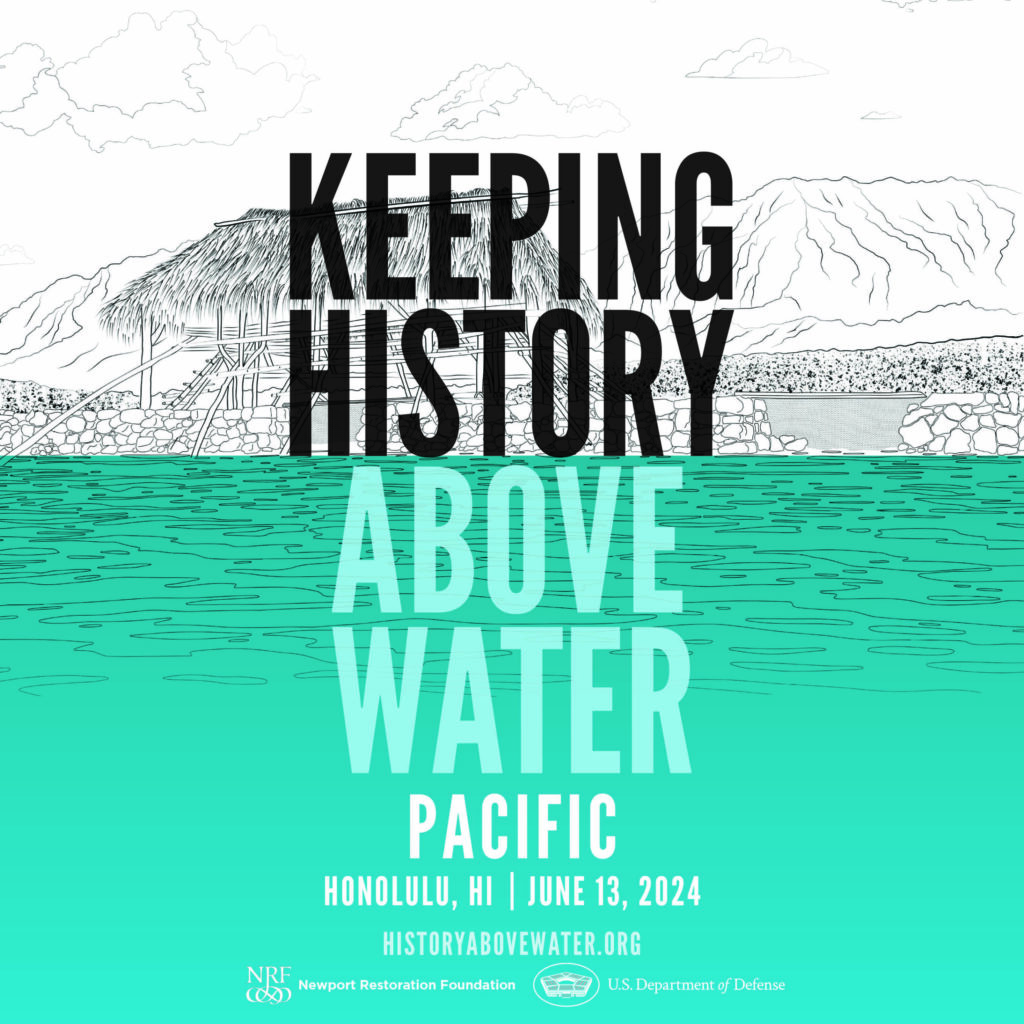
The United States Department of Defense and the Newport Restoration Foundation co-hosted the Keeping History Above Water®: Pacific Workshop in Honolulu, Hawaiʻi on June 13th 2024 at the Doubletree Alana Waikiki.
Hosted by the United States Department of Defense and the Newport Restoration Foundation, the eleventh Keeping History Above Water™ took place June 13, 2024 at the Doubletree Alana Waikīkī Hotel in Honolulu, Hawaiʻi. KHAW: Pacific provided a collaborative space for Pacific Islanders, practitioners in the cultural and natural resource fields, military, scientists, state and local leaders, and other interested stakeholders to discuss community-driven solutions to the effects of climate change and sea level rise to Pacific Island cultural heritage. Coastal inundation, particularly detrimental to the physical and cultural heritage of Pacific Islanders and residents, is already effecting the most vulnerable of island nations. Alongside architectural-based solutions, KHAW: Pacific included a focus on how to mitigate the potential loss of land, cultural landscapes, and intangible heritage.
KHAW: Pacific welcomed 21 speakers from Hawaiʻi, the Pacific Islands, and the continental U.S., including Sam ‘Ohu Gon III, Senior Scientist & Cultural Advisor with the Nature Conservancy of Hawai‘i, Jonathan Kanekoa Kukea Shultz, Executive Director of Kāko‘o ‘Oiwi, Lori Kanoelani Walker, Integrated Assets Manager with the Land Division of the Office of Hawaiian Affairs, Wayne Tanaka, Director of the Sierra Club of Hawai‘i, and Shubhra Misra, the Deputy Director for Climate Change Adaptation and Planning for the Office of the Secretary of Defense.
Honorable Senator Kitlang Kabua of the Marshall Islands welcomed workshop participants as the morning plenary speaker, sharing Marshallese response and resilience to rising seas. Her insights into the challenges set for Pacific Island nations threatened by climate change provided the groundwork for a day of conversation.
Morning session presentations introduced attendees to historic land division practices in Hawaiʻi and how the activities of current organizations respect and operate around these practices. Speakers topics ranged from climate adaptation plans for sites as large as DoD installations to island libraries preserving cultural heritage resources. Success stories from the DoD Readiness and Environmental Protection Integration (REPI) program were shared alongside local efforts to develop community-based solutions to sea level rise.
Afternoon sessions explored the key intersection of climate and cultural heritage. A diverse panel of speakers from government and non-profit professions shared their perspectives on land and heritage management practices—practices closely aligned in Hawaiʻi. Conversation with audience members included discussion of place-based heritage, defining community and its role, and finding ways for further collaboration between government, land management organizations, and neighborhoods.
Honorable Brendan Owens, Assistant Secretary of Defense for Energy, Installations, and Environment with the United States Department of Defense closed the workshop. Mr. Owens reflected on the day’s conversations and the importance of considering place-based solutions to climate change driven by community input. His remarks relayed the Department of Defense’s commitment to building relationships with Pacific Islanders and residents and continuing discussions around climate, culture, and preservation.
Rounding out the day of workshop sessions were tours of Shangri La Museum of Islamic Art and a walk along Waikīkī Beach to see the effects of shoreline erosion. These tours gave interested attendees the opportunity to learn more about the host city of Honolulu and its connection to the water.
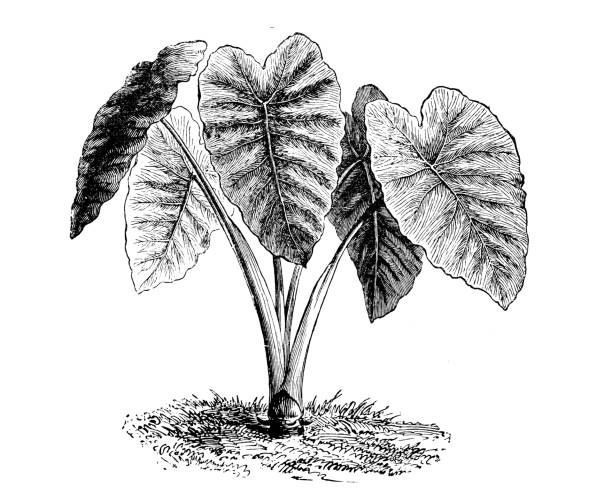
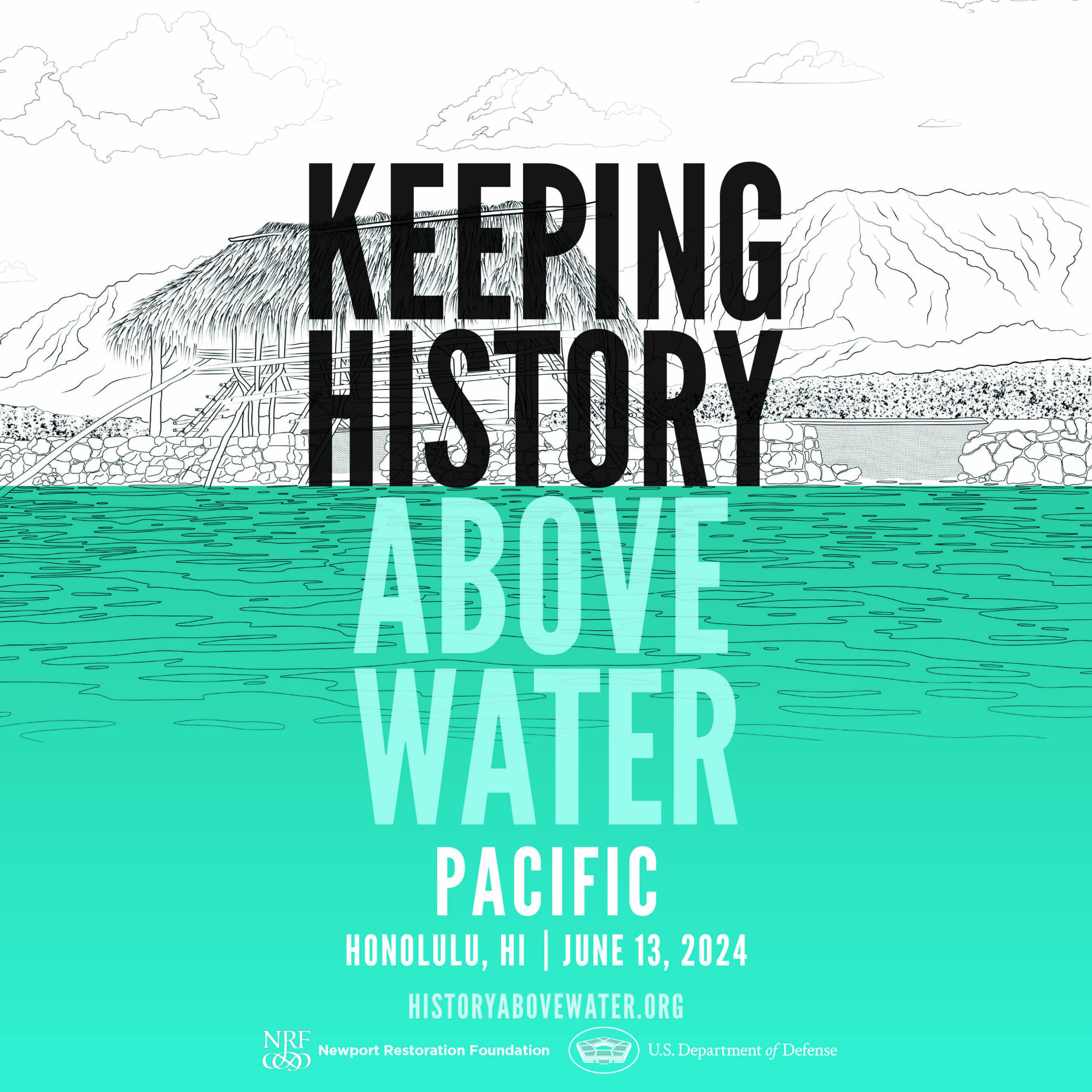
Conference Program
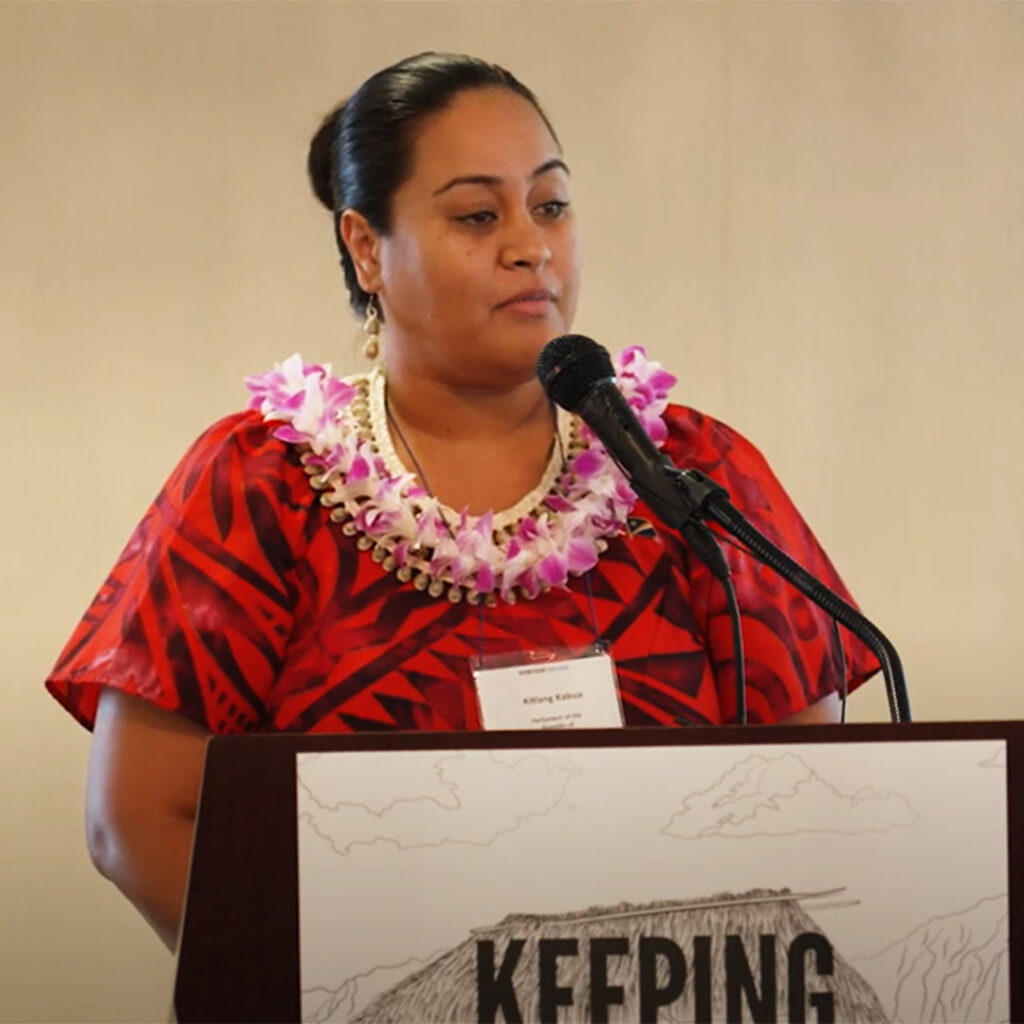
Session Videos
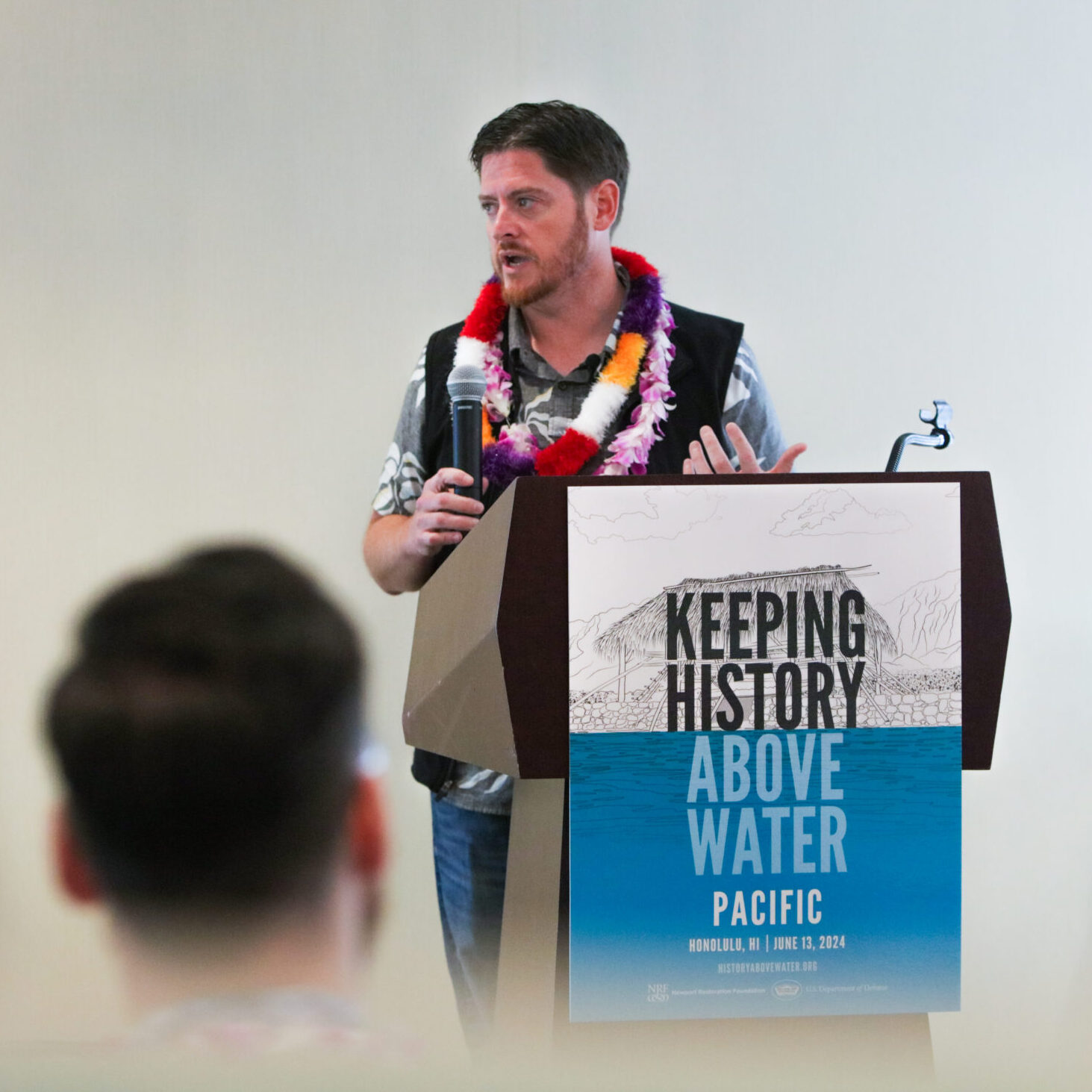
Conference Slides
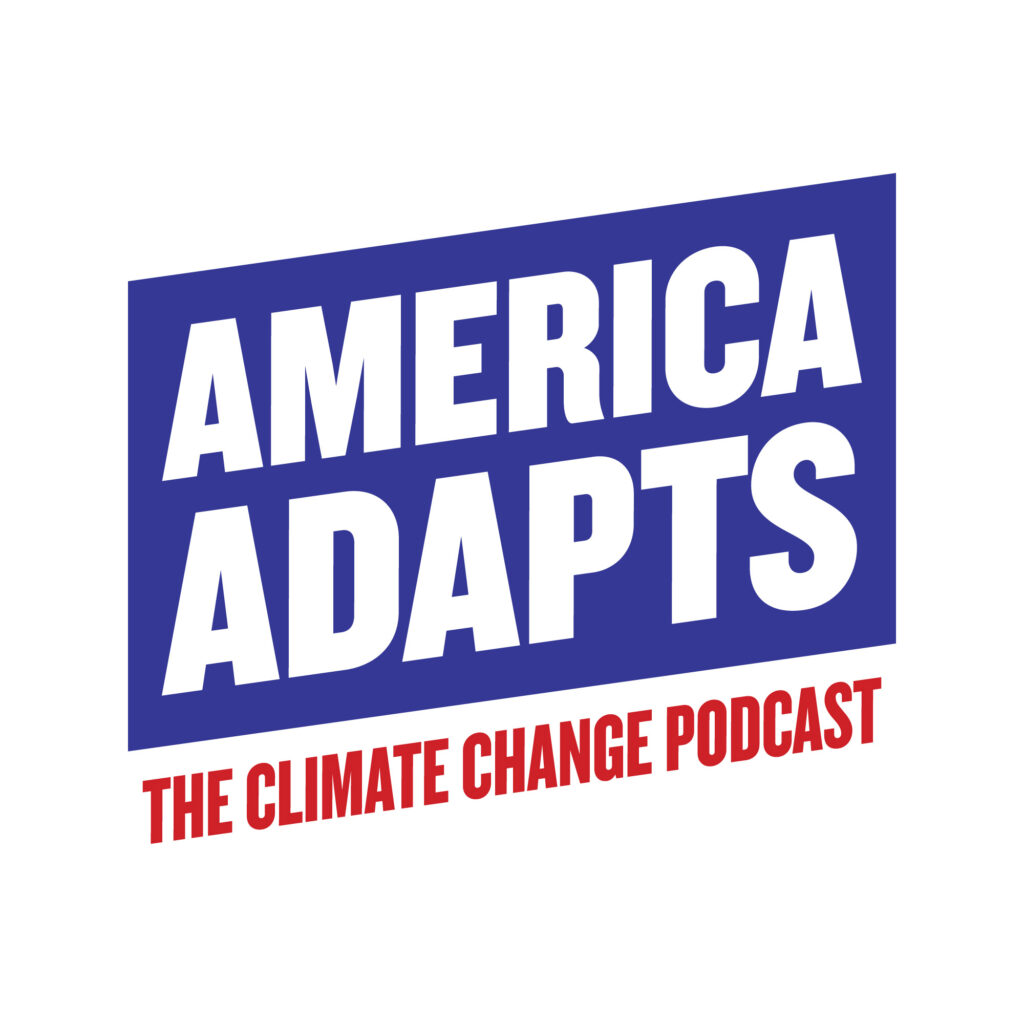
America Adapts Podcast
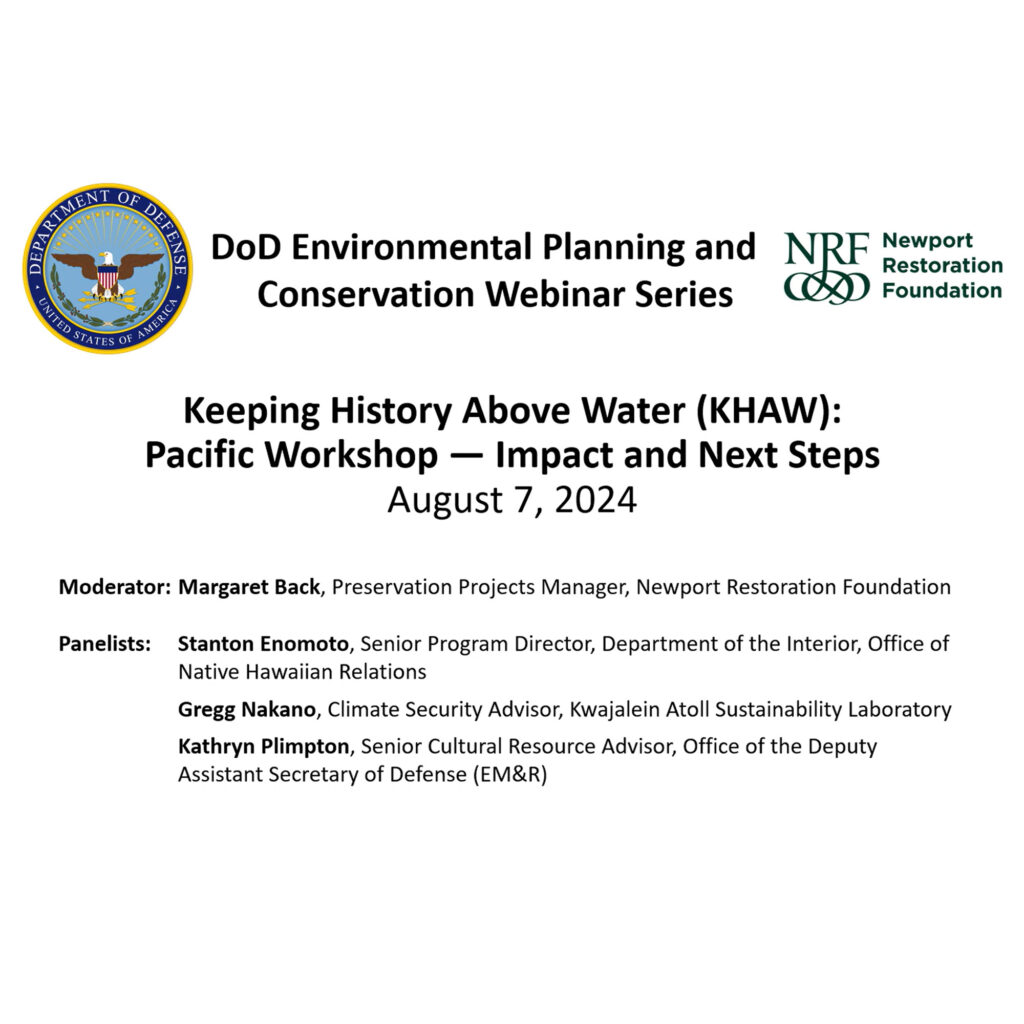
Webinar: Impacts and Next Steps


